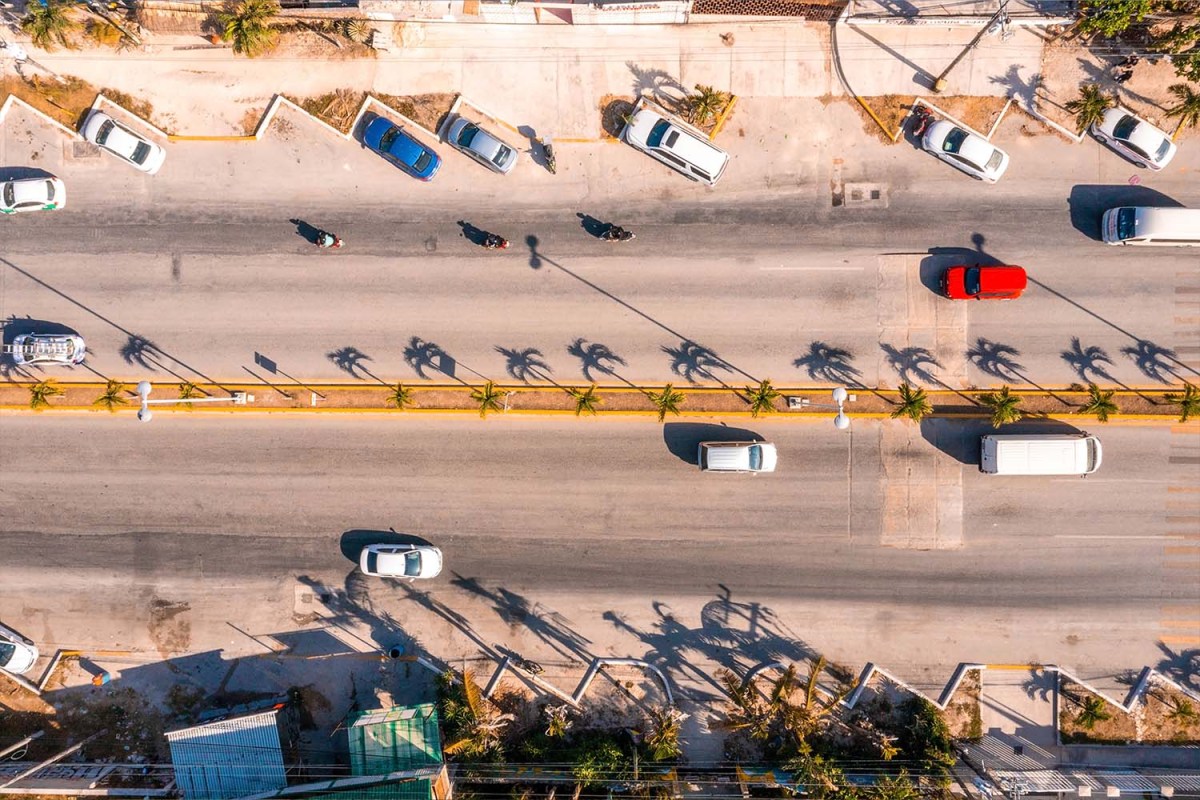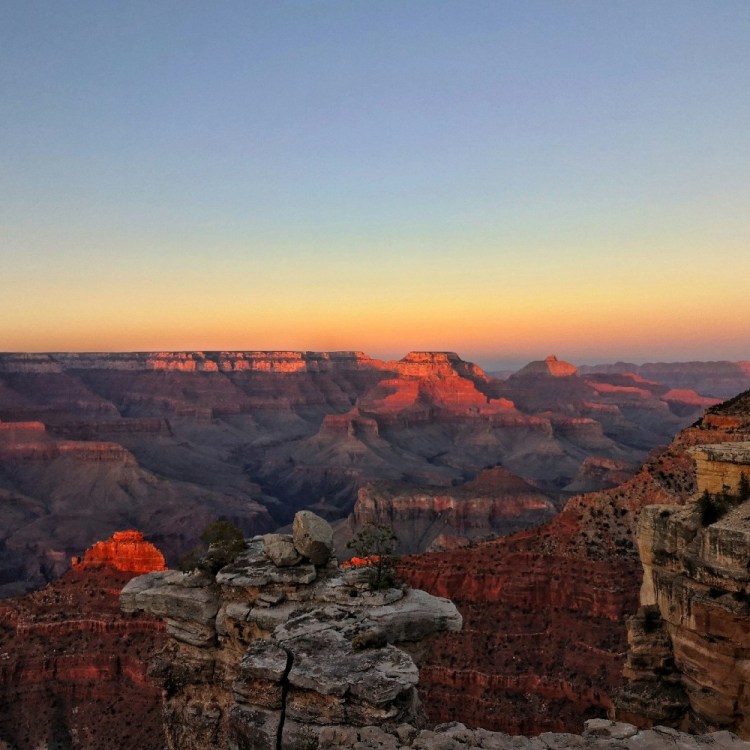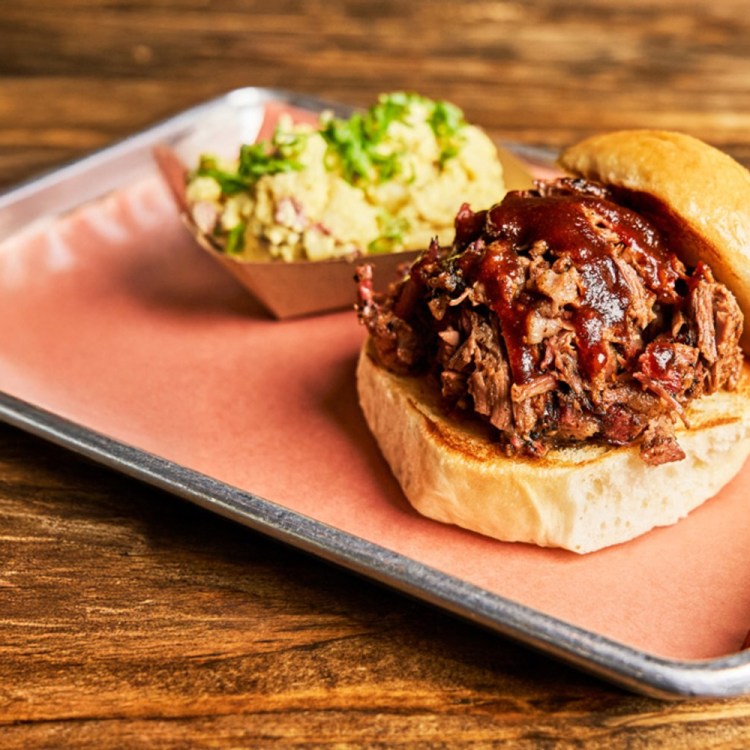The State Department is warning anyone traveling to the Quintana Roo region, Cancún chief among them, to be wary of using Uber or other rideshare platforms while visiting. The admonition comes following a slew of incidents involving American tourists, in which several were reportedly hurt.
Per a report from Travel + Leisure, the security alert was issued earlier this week and applies to popular destinations like Playa del Carmen and Tulum as well, as a result of growing tensions between Uber drivers and taxi drivers.
“Application-based car services such as Uber and Cabify are available in many Mexican cities, and generally offer another safe alternative to taxis,” the U.S. Embassy and Consulates in Mexico wrote in a security alert. “Official complaints against Uber and other drivers do occur, however, and past disputes between these services and local taxi unions have occasionally turned violent, resulting in injuries to U.S. citizens in some instances.”
Finding Mezcal Along One of Mexico’s Most Notorious Roads
How one writer discovered some of Oaxaca’s best mezcal producers on a stretch of steep, winding highwayPreviously, Uber was not allowed to operate in Cancún at all, but a recent court injunction reversed the block. Since then, medallion taxi drivers have begun harassing and attacking both Uber drivers and riders (which, I would be remiss not to point out, doesn’t exactly scream, “You should be riding with me instead”). According to the Associated Press, they’ve even gone so far as to block the main road leading to the hotel district in Cancún.
While Cancún Mayor Ana Patricia Peralta has called on taxi drivers to stop, saying she “won’t allow a small group to damage the reputation of the resort and human safety,” the State Department is still classifying Quintana Roo as a “Level 2: Exercise Increased Caution.”
“Criminal activity and violence may occur in any location, at any time, including in popular tourist destinations,” the State Department wrote. “Travelers should maintain a high level of situational awareness, avoid areas where illicit activities occur, and promptly depart from potentially dangerous situations.”
It’s hardly the only area where the introduction of app-based transportation apps have been met with a less-than-enthusiastic reception. In fact, in many frequently traveled to destinations around the world. In an effort to combat unfair competition, Hungary banned Uber back in 2016. Same with Bulgaria, Denmark and much of Turkey. In some cases, in other countries where ridesharing apps are allowed, the relationship to Uber remains fraught.
All of this to say: the violence might be new, but the turf war between taxi and Uber drivers is not. It’s best to always do your research ahead of arriving in a destination to know on which side of the field you should stand on.
Thanks for reading InsideHook. Sign up for our daily newsletter and be in the know.




















